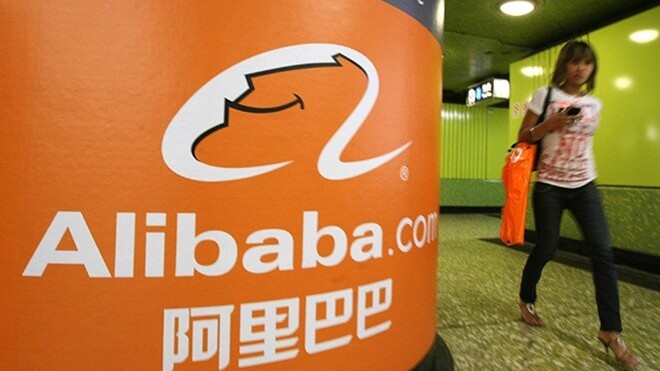
Chinese Internet giant Alibaba has delayed the introduction of proposed membership fee increases to appease large scale protests that took place on its online shopping site.
Alibaba had proposed to increase the yearly service fee for vendors using its Tmall site by ten-fold, although the fee is fully refundable for those that sell specific amounts of products or score highly on customer feedback. It was also looking to raise the non-refundable fixed deposit by 15 times to 150,000 yuan per year.
The proposed price increases drew a dissenting response from Tmall shoppers who placed large fake orders and gave low customer rating to a number of the largest Tmall retailers in attempts to disrupt the service.
After the Chinese government stepped in, Alibaba contacted those protesting and came to an arrangement.
The proposed price changes will go ahead but will be delayed depending on the vendor’s status. The worst performing sellers, i.e. those in the bottom ten percent based on customer feedback, and any new arrivals, have until 1 January 2012 but other merchants are afforded a nine month extention, with new fees coming into play on 1 September 2012.
The retail giant also revealed that it would plough $284 million (1.8 billion yuan) back into its service to increase marketing and the profile of the site, tighten consumer protection and provide loans for eligible small businesses using the service.
While in other markets such a price hike might encourage business to go elsewhere or leave the door open to alternative services, Alibaba has such reach in China (48.5 percent of the B2C market) and beyond with its international market place (there are 1 million customers in the UK alone, for example) that any vendor moving to an alternative platform would lose considerable visibility and kudos amongst Chinese shoppers.
China’s online trading market is growing and Alibaba will hope its position is not affected by more trouble when the new fees are introduced in January and September next year.
Get the TNW newsletter
Get the most important tech news in your inbox each week.




